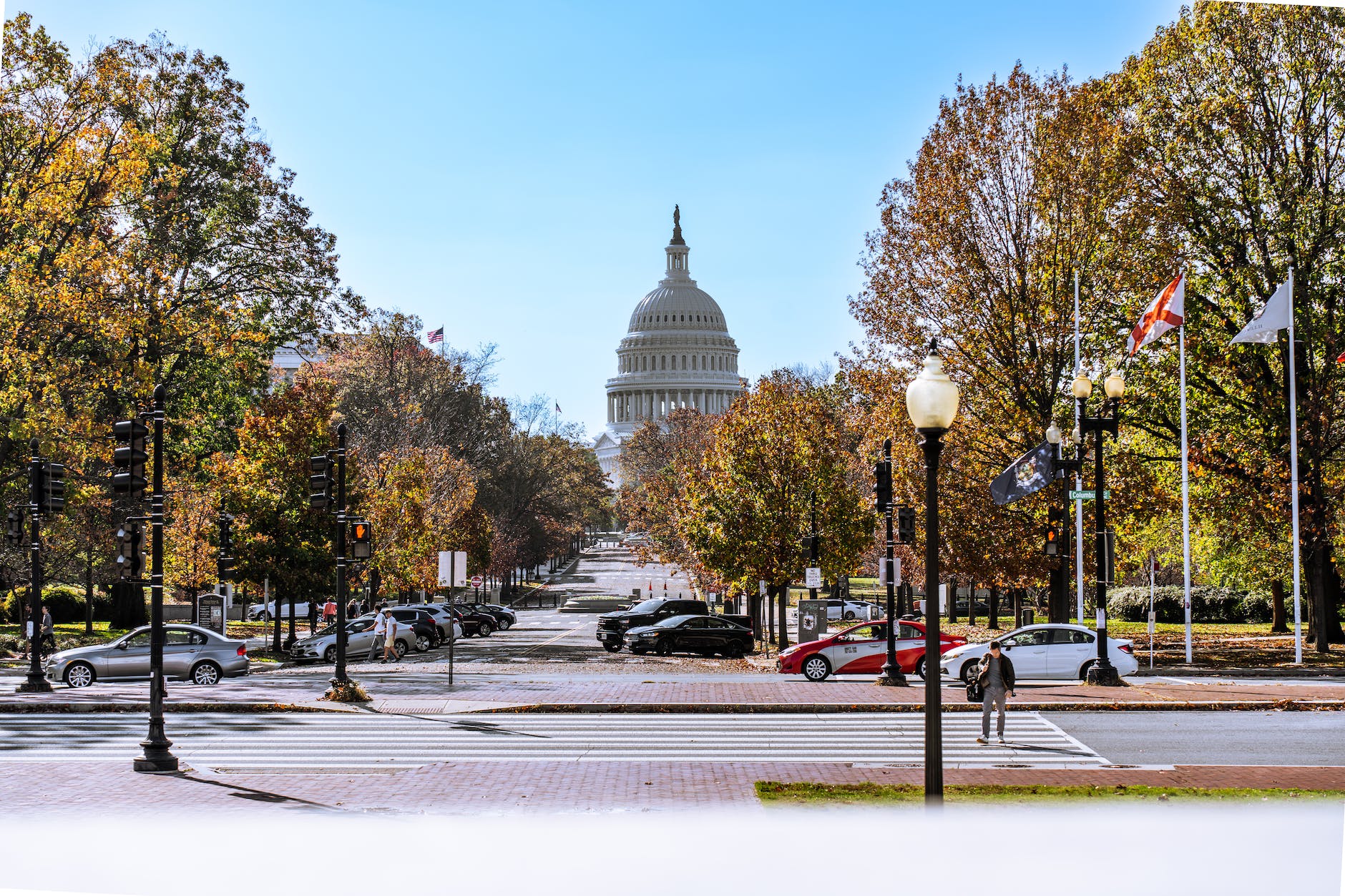Navigating the Intricate Maze of CBD Legality: Understand the Laws and Regulations

In the realm of natural products, cannabidiol (CBD) has become a star player. CBD, whether it is hemp-derived or marijuana-derived, has a multitude of potential health benefits, which has made it a hot topic among holistic health enthusiasts, practitioners, and consumers. However, one aspect of CBD that remains murky, regardless of who you ask, is its legal status. In this article, we aim to clarify some of the confusion around the legality of CBD by looking into federal legality, state legality, and various legal nuances affecting its availability and consumption.
On the surface, the subject of the federal legality of CBD seems straightforward, as the Farm Bill of 2018 removed hemp, which was defined as cannabis with less than 0.3% delta-9-tetrahydrocannabinol (THC) content, from the definition of marijuana under the Controlled Substances Act (CSA). Therefore, hemp and its derivatives, including hemp-derived CBD, are no longer under the jurisdiction of the Drug Enforcement Administration (DEA), and are instead regulated by the Department of Agriculture and the Food and Drug Administration (FDA).
However, the intricacies of federal law get trickier when we consider marijuana-derived CBD. The same Farm Bill of 2018 that legalized hemp and products derived from it, such as hemp-derived CBD, kept marijuana as a Schedule 1 substance under the CSA. Thus, regardless of the THC content limit established in the Farm Bill, marijuana-derived CBD still falls under the CSA regulation.
FDA regulations add another layer of complexity to the federal legality landscape of CBD. The FDA treats CBD like any other new product, and it is subject to the same requirements and standards, regardless of whether it’s extracted from hemp or marijuana. The FDA’s primary concern is that CBD products, especially those marketed with therapeutic claims, are safe, as well as accurately labeled and advertised.
This brings us to the vital topic of CBD labeling, which is at the core of many regulatory discussions. Federal law mandates that CBD products must be labelled accurately. This means that if a CBD product contains more than the legal threshold of 0.3% THC, it must be labeled as such. Nevertheless, discrepancies are common due to the lack of stringent regulations and enforcement.
State legality of CBD adds another dimension to the entire discussion. Although the Farm Bill 2018 gave states the power to set their own rules regarding hemp and its derivative products, a few states still prohibit the use and retail of CBD products. Hence, it’s essential for consumers to understand the laws in their specific state as they vary widely.
Finally, import/export restrictions also warrant consideration when discussing CBD’s legal status. While it may be legally produced and sold in many places, CBD products are subject to various trade limitations. For example, the importation of CBD is regulated by the respective customs authorities of each country and it can be subject to strict customs control and may even be seized.
In conclusion, while the Farm Bill 2018 legalized hemp and its derivative products at a federal level, the legal landscape of CBD remains complex due to various factors such as the differences between hemp-derived and marijuana-derived CBD, variances in state laws, and regulatory issues around CBD labeling and import/export restrictions. Therefore, consumers and businesses alike must remain vigilant and informed about the ever-changing legal landscape of CBD.
Remember, it is always best to consult with a legal expert to ensure that you are not unintentionally violating any laws or regulations concerning CBD in your specific location and situation.
Sources:
1. FDA regulations and CBD
2. Farm Bill 2018
3. DEA’s controlled substances act
4. Hemp and CBD in the Farm Bill
In the realm of natural products, cannabidiol (CBD) has become a star player. CBD, whether it is hemp-derived or marijuana-derived, has a multitude of potential health benefits, which has made it a hot topic among holistic health enthusiasts, practitioners, and consumers. However, one aspect of CBD that remains murky, regardless of who you ask, is…
Recent Posts
- The Emerging Frontiers: The Future of CBD Research and Development
- CBD and Sleep: Unraveling the Beneficial Effects of Cannabidiol on Insomnia
- Embracing the Renaissance: CBD in Skincare and the Latest Trends
- Exploring the Multifaceted Methods of Consuming CBD
- Exploring the Benefits and Safety of CBD for Pets
Recent Comments
Categories
- Alternative and Natural Health Remedies
- Alternative Health and Wellness
- Alternative Medicine and Pain Management
- Beauty and Skincare
- Beauty and Wellness
- CBD and Health
- CBD and Law
- CBD and Mental Health
- CBD Consumption
- CBD Education & Research
- CBD Laws Worldwide
- CBD Legalities and Regulations
- CBD Legality
- CBD Products
- Cooking and Wellness
- Fitness and Wellness
- Health and Beauty
- Health and Fitness
- Health and Fitness, CBD Use
- Health and Law
- Health and Science
- Health and Skincare
- Health and Sports
- Health and Wellness
- Health and Wellness, Skincare
- Healthcare and Wellness
- International Law
- Law and Cannabis Industry
- Law and Regulations
- Law, Health, and Regulations
- Legal
- Legal Regulations on CBD
- Legal Resources
- Legal/CBD Industry
- Legal/Fitness & Health
- Mental Health and Wellness
- Mental Health, Natural Remedies
- Natural Remedies
- Natural Remedies and Alternative Medicine
- Pet Care and CBD
- Pet Health and Wellness
- Pet Wellness/Animal Health
- Science and Health
- Science, Health and Wellness
- Skin Care and Wellness
- Skin Health & Wellness
- Skincare – Natural Remedies
- Skincare and Beauty
- Skincare and Wellness
- skincare, beauty, CBD, wellness
- Sleep Health and Wellness
- Uncategorized